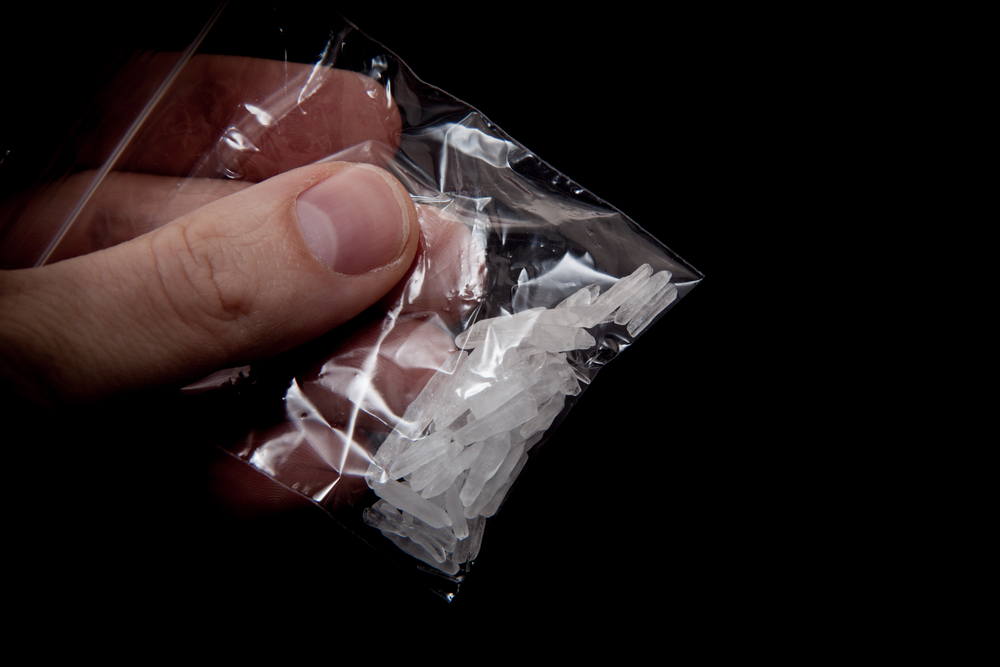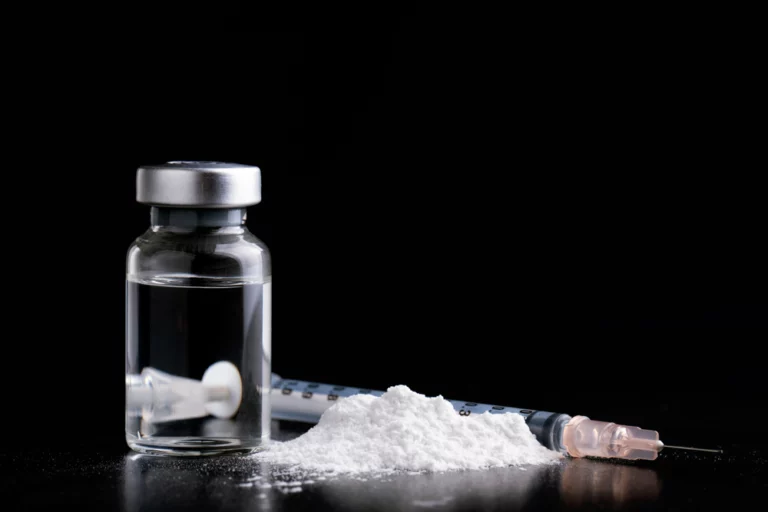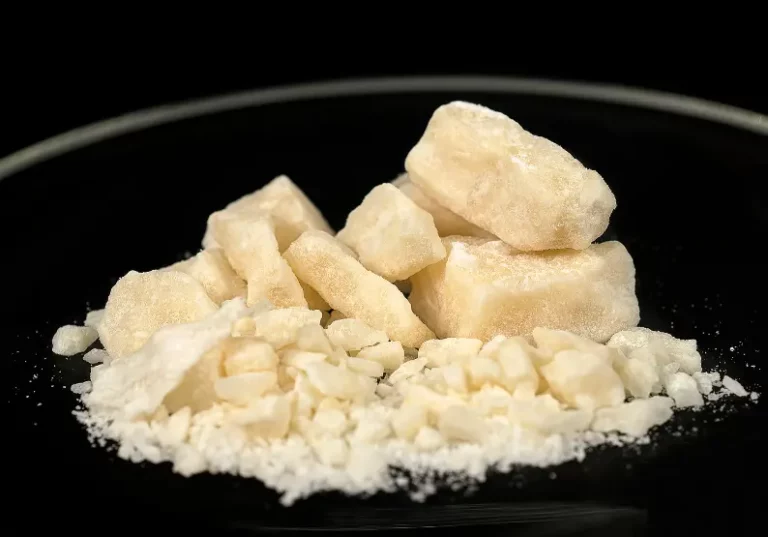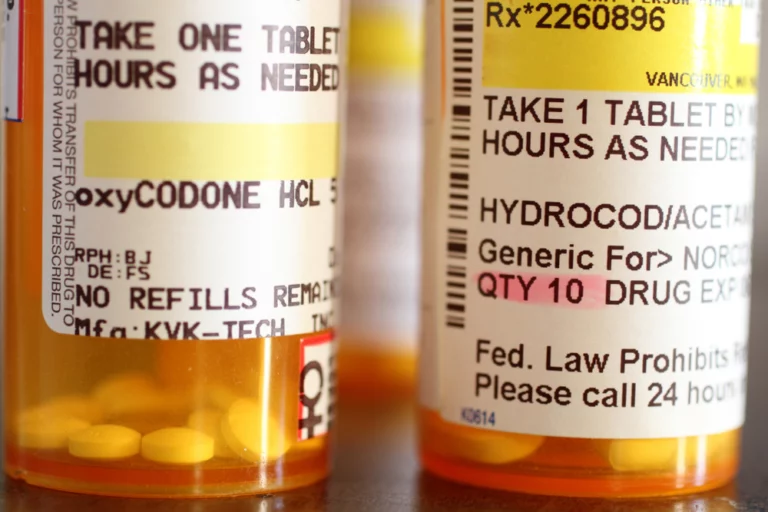Can you get addicted to meth after only one use? Whether you or a loved one have used meth or are concerned about an addiction developing, meth addiction is terrifying, lethal, and dangerous. Whether you or a loved one is addicted or has used meth only once or twice, it’s a cause for alarm. Learn more about meth addiction, how fast it develops after use, and how to obtain help for this dangerous addiction.
In short, it is not possible to develop a methamphetamine addiction after a single use since the key component of addiction is dependence—requiring the use of the drug to function normally after regular, habitual use.
What is Methamphetamine?
methamphetamine is a synthetic stimulant drug that speeds up the inner workings of the mind and affects the central nervous system, resulting in long-term effects on the body. It is also known as crystal, speed, zoom, go, crank, tweak, ice, glass, rock candy, yaba, fire, uppers, poor man’s cocaine, or shards.
The drug is available in crystal form or an odorless, tasteless powder that may be taken orally, injected intravenously, snorted, or smoked. It may be either little shards of glass or an off-white to brown powder that is colorless or white. It has devastating consequences for those that become hooked on it. According to many drug prevention organizations, meth is among the most addictive substances in existence today.
What Does the Methamphetamine High Feel Like?
A person on methamphetamine may experience a wide range of physical and mental changes resulting from the drug’s adverse effects on the brain and nervous system. When you take meth, you’ll experience the “meth rush” in the first few minutes. Your adrenaline gland is activated almost immediately, releasing adrenaline into your system. This flood of adrenaline is accompanied by excessive dopamine, resulting in physical sensations ranging from hyperventilation to tremors. You will experience intense euphoria as a result of your increased breathing and heart rate during a meth rush.
The euphoria is followed by a pleasurable high. The amount of meth taken and how it is ingested determines how long this high lasts, usually between several hours and a day. A meth high can make you feel confident and aggressive. You may be chatty and active when you are high on meth. Some meth addicts get into brawls and bother people when they are high. The meth high makes you restless and suppresses your appetite. Your body reacts quickly to meth crystals. Because of the stimulant nature of meth, the physical effects are similar to those of other stimulant drugs in that the user experiences a rapid heart rate, excess of energy, and feelings of invincibility.
Side Effects of Using Meth
An individual who uses methamphetamine can become more active and aroused because of the drug’s effects on the brain and central nervous system. In addition to the well-known negative consequences like agitation and aggression, some other signs that you might notice include:
- Excessive talking
- Increased libido
- Rapid breathing
- Euphoria
- Rapid heart rate
- High blood pressure
- Insomnia
- Paranoia
- Delusions
- Increased stamina
- Excessive energy
Side Effects of Meth Abuse and Addiction
Long-term methamphetamine use can cause addiction, making you dependent on the drug and causing you to require larger doses to seek the high you once received from a smaller dose. You might overdose at any time you take meth, but long-term use of the drug makes you more susceptible to overdose because you may require larger and larger doses. Side effects of meth abuse include the following:
- Anxiety
- Sexually aggressive behavior
- Paranoia
- Heart Disease
- Depression
- Skin sores
- Decayed teeth, also known as “meth mouth”
- Infections such as Hepatitis B and C, or HIV
- Stroke
- Overdose
Can You Get Addicted to Meth After Only One Use?
No, you cannot become addicted after only using meth one time. Someone can only be diagnosed with addiction after a pattern of substance abuse, according to the 5th edition of the Diagnostic and Statistical Manual for Mental Disorders. Despite harmful negative consequences, a person must repeatedly use a substance and be unable to meet their responsibilities at work, school, or home in order to meet the diagnostic criteria for substance use disorder, as defined in the 5th edition of the Diagnostic and Statistical Manual for Mental Disorders.
What Makes Meth so Addictive?
Someone with low family support or a history of drug abuse, psychiatric illness, or impulsivity may be at higher risk for crystal meth addiction. It’s not the substance itself that causes addiction; there are numerous other factors involved. Initially, a drug’s effects feel good to an individual. Whether a drug is used to alleviate a crash or to re-experience its initial effects, a person may get hooked on it, starting a cycle that is very difficult to break as time passes.
The individual will become tolerant as he or she utilizes meth more frequently, requiring more and more of it to experience the effects. The individual using more or more potent meth is at risk of becoming dependent, a condition in which the body has adapted to require the drug in order to function as it should. Withdrawal symptoms are experienced without continued meth use, which may be physically and psychologically painful. Withdrawal avoidance is a critical aspect of meth use. Even the best intentions to quit may be overwhelmed by the desire to avoid withdrawal symptoms.
Dangers of Untreated Methamphetamine Addiction
Individuals who continue to use crystal meth are at risk for a wide range of mental and physical health issues. Oral issues are often visible, particularly severe tooth decay. Long-term crystal meth usage has been shown to have serious mental health consequences, and it may cause some to develop psychotic symptoms—such as paranoia, hallucinations, and delusions—that can persist for months or years after the individual stops taking methamphetamine. Other effects of untreated meth addiction include:
Risk of Infection
Individuals who misuse methamphetamine are at increased risk of contracting HIV, hepatitis B, and C. Those who inject meth risk cross-infection by sharing dirty needles, even if they ingest the drug in other ways. Unprotected sex and other hazardous activities are more likely to occur when individuals are under the influence of methamphetamine.
Cardiovascular Issues
Acute and chronic cardiovascular issues caused by methamphetamines are hypertension, rapid pulse, and arrhythmias (irregular heartbeat). Coronary artery spasms (muscles in one of the arteries that deliver blood to the heart tighten up temporarily), myocardial ischemia (the blockage of coronary arteries, resulting in significantly reduced blood flow to the heart), and heart attacks are all common consequences of methamphetamine use.
Brain Damage
Long-term methamphetamine use may result in certain functional and structural brain alterations, which may negatively impact an individual’s memory, emotions, and decision-making. These brain alterations may explain why this addiction is difficult to treat and why the risk of relapse is so high in early treatment and recovery.
Treatment for Methamphetamine Addiction
A comprehensive Meth treatment plan that includes detox, counseling, and therapy is required for recovery from meth addiction. Withdrawing from meth will help users adjust to everyday life without the drug by purging the substance from their bodies. Addiction treatment will assist recovering users in recognizing the psychological damage substance abuse has caused as well as educating them on how to avoid temptation and maintain long-term sobriety.
Personal factors influence whether a person chooses an inpatient or an outpatient program for meth addiction. Because of the drug’s addictive nature and an individual’s underlying psychological reasons for substance abuse, treatment for Meth is particularly difficult.
An individual with a long-standing, chronic meth addiction who experiences the most severe withdrawal symptoms may benefit from an inpatient rehabilitation program. Alternatively, someone who has a weaker addiction or has obligations they cannot leave might prefer an outpatient program.
Once in a treatment program, recovering meth addicts are assisted in identifying the reasons behind their drug abuse and receiving the emotional support needed to address those issues in therapy. Patients learn how to handle the temptation to abuse meth when faced with stress or boredom, as well as how to recognize the cognitive and behavioral patterns that led to their substance abuse.
Meth Addiction Treatment in Knoxville, Tennessee
Although you cannot get addicted to meth after only one use, addiction to this drug can develop rather quickly. Therefore, it is critical to get professional help for you or a loved one if meth use is occurring.
Every client at Knoxville Recovery Center receives individualized treatment in order to dispel the darkness of their illness and assist them in living as productive members of society. Substance abuse issues are addressed head-on in order to promote healing. In addition to master’s degree counseling and other holistic therapies, clients receive individual and group therapy.
You no longer need to continue suffering. We can help you leave your addiction behind permanently. With our wide range of programs and services, you may receive addiction treatment and gain the ability to once again look forward to a better future. Please get in touch with us as soon as possible so we can assist you in overcoming your addiction once and for all. You are never alone.











